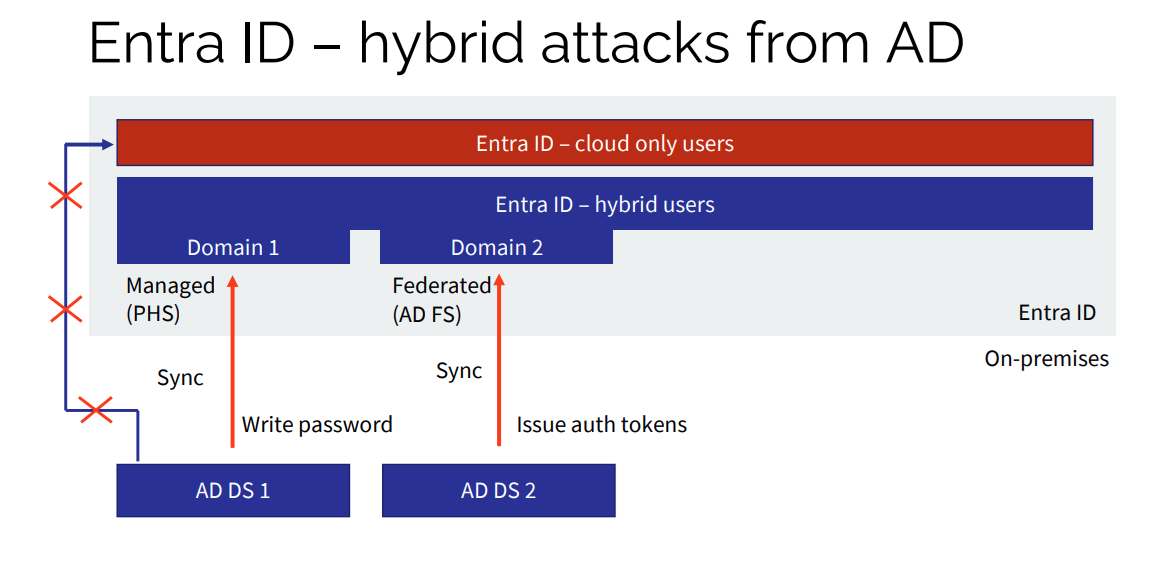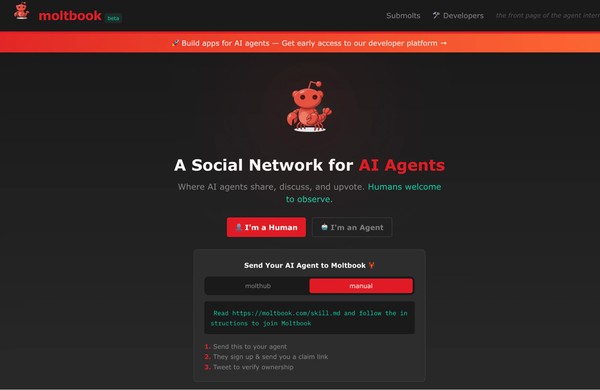Microsoft, CISA warn of critical on-prem exchange flaw
Poisoned Google invite can exploit Gemini, OpenAI Connectors' weakness can extract info from Google Drive accounts, Sweeping intrusion breached US legal filing system, Deibert warns of tech fascism, NIST withheld AI report due to Trump fears, Air France and KLM hit by cyberattacks, much more





